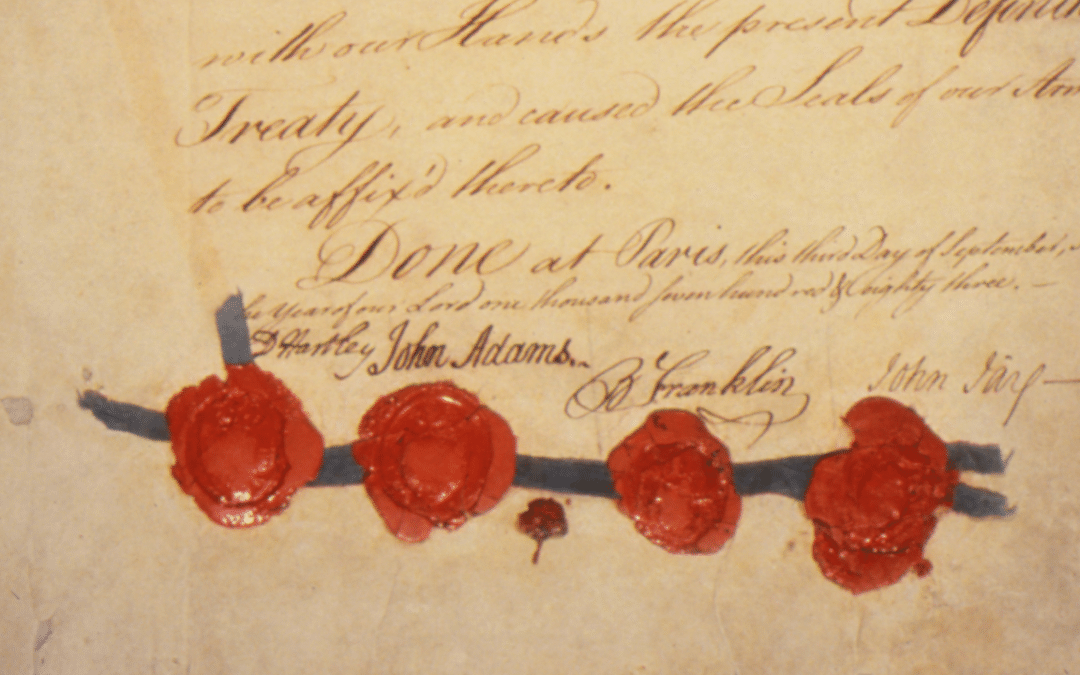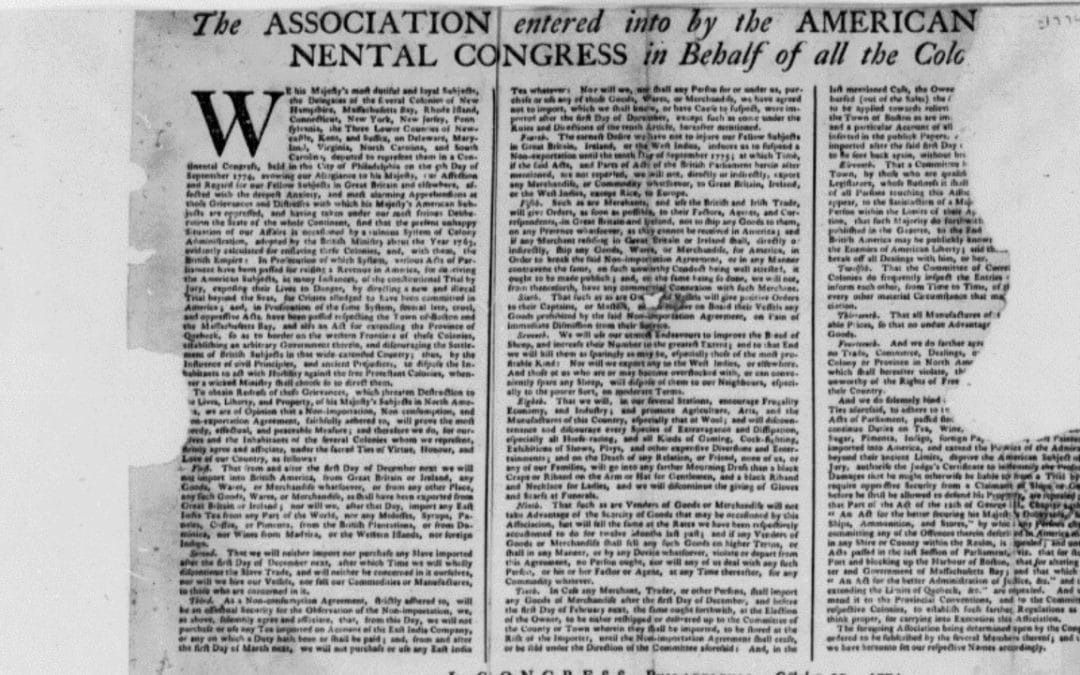
Historical Documents

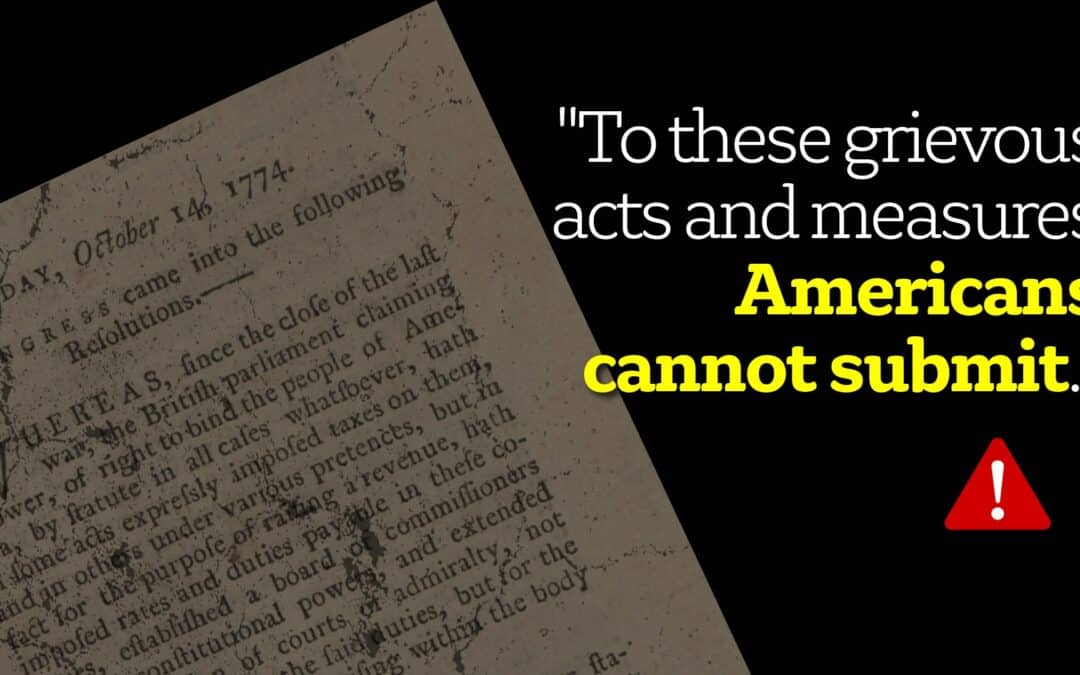
Forgotten Foundation: Declaration and Resolves of the First Continental Congress
“To these grievous acts and measures Americans cannot submit.” On October 14, 1774, the First Continental Congress drew its line in the sand. They met that fall to confront the Coercive Acts – Parliament’s brutal retaliation for the Boston Tea Party. They had a...
Virginia Declaration of Rights: The Legal Right to Alter or Abolish Government
Ask around today and you’ll find most people treat rebellion like a relic – something you read about in school, never something you do. That wasn’t how George Mason saw things. On June 12, 1776, he put the right to overthrow government into law – bold,...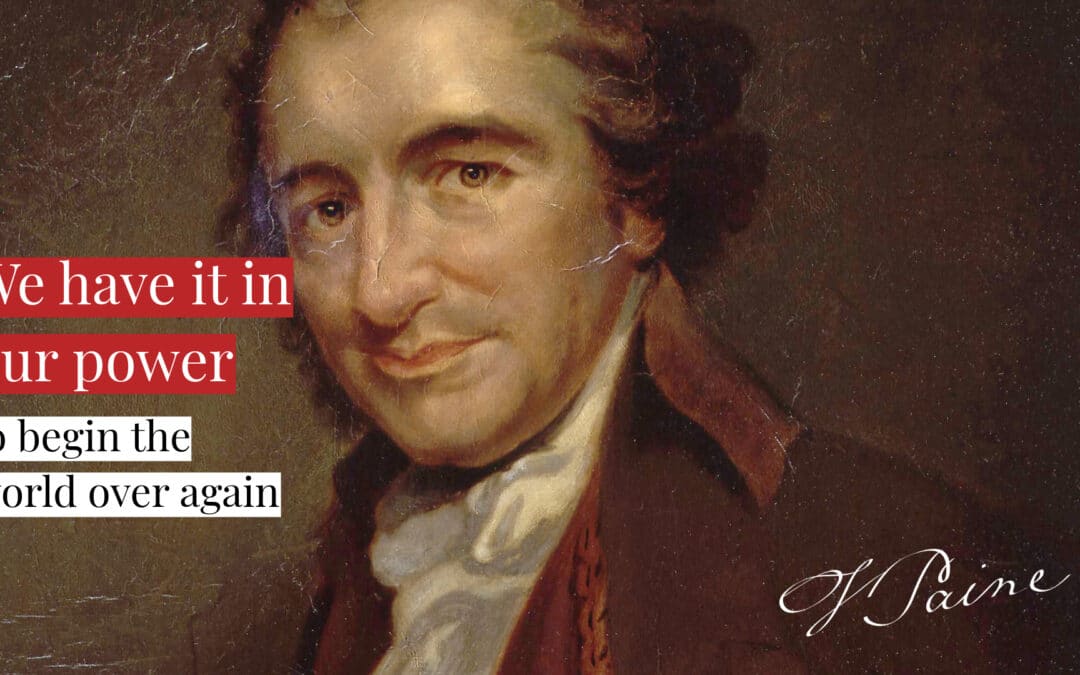
Thomas Paine’s Common Sense: A Timeless Call for Liberty vs Unlimited Power
Government … even in its best state … is still evil. Thomas Paine didn’t pull any punches in Common Sense. First published on January 10, 1776, it remains one of the most important pamphlets in American history. Far more than a rousing call for...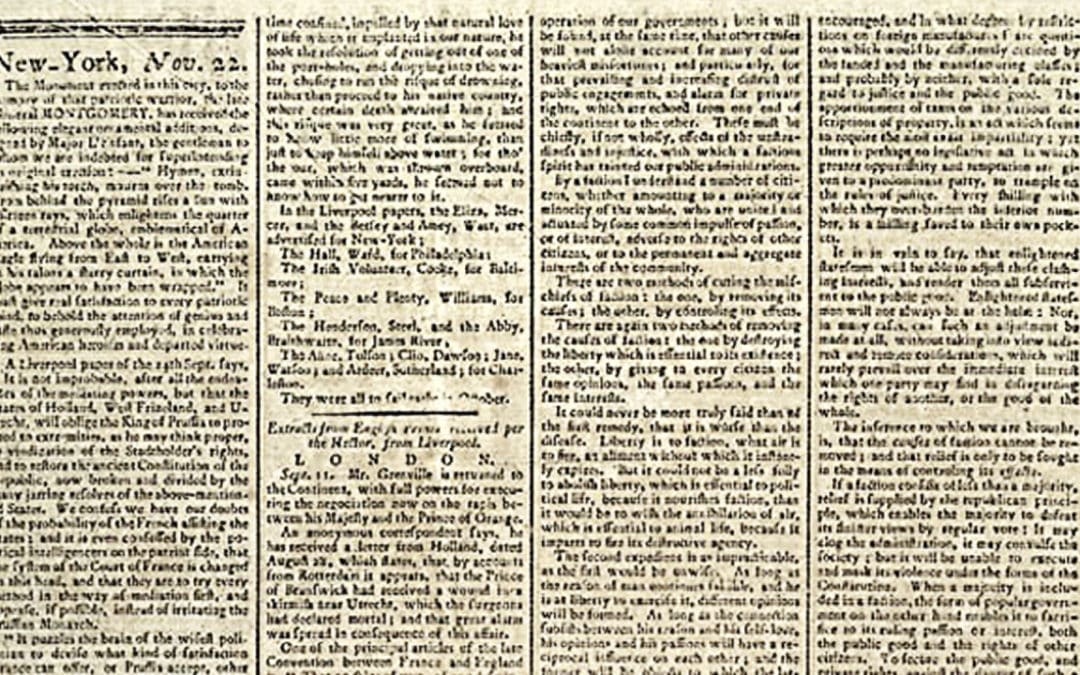
Federalist Papers or Anti-Federalist Papers: Which Is the Most Reliable Source for Interpreting the Constitution?
When composing the list of books that incoming freshmen should have read before beginning their studies at the University of Virginia, Thomas Jefferson and James Madison included The Federalist Papers. Their list was compiled in 1825, evidence that The Federalist...